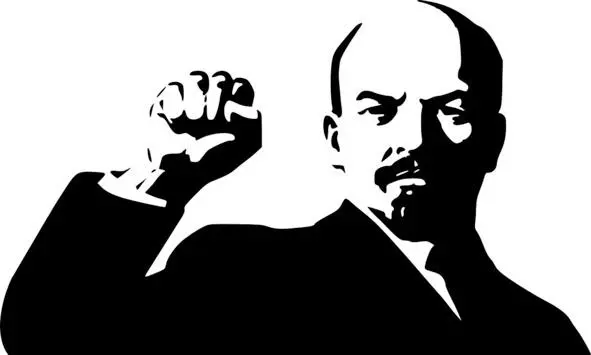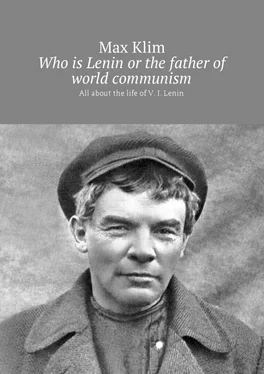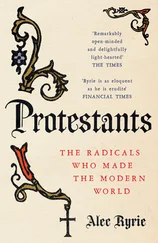After the end of the exile in February 1900, Lenin, Martov and AN Potresov traveled around Russian cities, establishing links with local organizations; July 29, 1900 Lenin travels to Switzerland, where he holds talks with Plekhanov on the publication of a newspaper and a theoretical journal. The editorial board of the newspaper, which was called Iskra (later the magazine Zarya appeared) included three representatives of the emigre group Emancipation of Labor, Plekhanov, PB Axelrod and VI Zasulich, and three representatives of the Union of Struggle – Lenin, Martov and Potresov. The average circulation of the newspaper was 8,000 copies, and some numbers – up to 10,000 copies. The spread of the newspaper contributed to the creation of a network of underground organizations on the territory of the Russian Empire.
In December 1901, Lenin first signed the pseudonym “Lenin” one of his articles published in Iskra. In 1902, in the work “What to do? The nagging questions of our movement “Lenin came up with his own concept of the party, which he saw as a centralized combat organization. In this article he writes: “Give us an organization of revolutionaries, and we will turn Russia over!”.

Participation in the work of the Second Congress of the RSDLP (1903)
From July 17 to August 10, 1903, the Second Congress of the RSDLP was held in London. Lenin took an active part in the preparation of the Congress not only with his articles in Iskra and Zarya; Since the summer of 1901, together with Plekhanov, he worked on the draft party program, drafted a charter. The program consisted of two parts – a minimum program and a maximum program; the first proposed the overthrow of tsarism and the establishment of a democratic republic, the destruction of the remnants of serfdom in the countryside, in particular the return to the peasants of lands cut off from them by the landowners in the abolition of serfdom (the so-called “cut-offs”), the introduction of an eight-hour day, recognition of the right of nations to self-determination and the establishment of equality nations; the maximum program determined the ultimate goal of the party-the building of a socialist society and the conditions for achieving this goal-the socialist revolution and the dictatorship of the proletariat.
At the Congress itself, Lenin was elected to the bureau, worked in the program, organizational and mandate commissions, presided at a number of meetings and spoke on almost all the issues on the agenda.To participate in the congress were invited as organizations that are in solidarity with Iskra (and called Iskra), and did not share its position. During the discussion of the program, controversy arose between Iskra’s supporters on the one hand and the “economists” (for which the position on the dictatorship of the proletariat was unacceptable) and the Bund (on the national question) on the other; as a result of 2 “economist”, and later 5 Bundists left the congress.
But the discussion of the party’s charter, the first item determining the concept of a member of the party, revealed disagreements among the Iskra-ists themselves, divided into “hard” – supporters of Lenin and “soft” – supporters of Martov. “In my project,” Lenin wrote after the congress, “this definition was as follows:" Anyone who recognizes its program and supports the party with material means, as well as personal participation in one of the party organizations, is considered a member of the Russian Social-Democratic Labor Party. “Martov, instead of emphatic words, suggested that he say: work under the control and leadership of one of the party organizations… We argued that it is necessary to narrow the concept of a member of the party to separate workers from talkers, to eliminate organizational chaos, to eliminate such outrage and such absurdity that there could be organizations, consisting of party members, but not party organizations, etc. Martov stood for the expansion of the party and spoke of a broad class movement demanding a broad, vague organization and “Under the control and leadership,” I said, “do not really mean more and no less than: without any control and without any guidance.”
Конец ознакомительного фрагмента.
Текст предоставлен ООО «ЛитРес».
Прочитайте эту книгу целиком, купив полную легальную версию на ЛитРес.
Безопасно оплатить книгу можно банковской картой Visa, MasterCard, Maestro, со счета мобильного телефона, с платежного терминала, в салоне МТС или Связной, через PayPal, WebMoney, Яндекс.Деньги, QIWI Кошелек, бонусными картами или другим удобным Вам способом.













